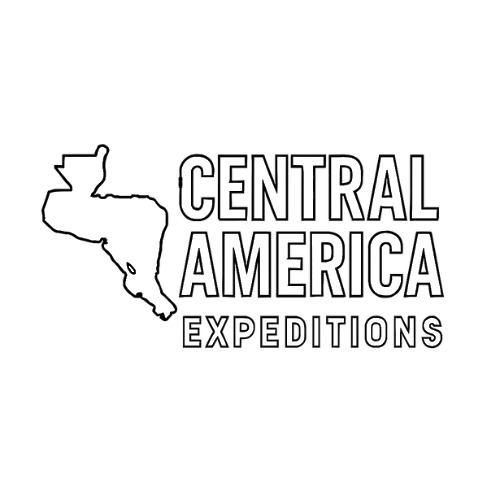Guatemala is one of Central America’s most culturally rich and geographically dramatic destinations. With more than 30 volcanoes, ancient Mayan ruins, colonial cities, and a vibrant Indigenous population, the country offers a fascinating blend of history and nature. From the cobblestone streets of Antigua to the shimmering waters of Lake Atitlán and the mystique of Tikal’s jungle pyramids, Guatemala enchants travelers seeking authenticity, adventure, and deep cultural immersion. Whether you’re hiking active volcanoes or exploring traditional markets, Guatemala is a land of contrasts that inspires wonder at every turn.
Before planning your trip, we recommend checking the latest travel requirements for your destination. Entry rules can vary depending on your nationality, vaccination status, and transit points. For the most accurate and up-to-date information, please use the official TravelDoc tool to verify visa policies, health regulations, and documentation needed for your journey.
Citizens from the U.S., Canada, the EU, and most Latin American countries can enter visa-free for up to 90 days. A tourist entry fee may apply upon arrival.
Routine vaccines (MMR, tetanus, hepatitis A) are recommended. Hepatitis B, typhoid, and rabies are advised for longer stays or rural travel. No yellow fever vaccination required unless arriving from a yellow fever zone.
The dry season from November to April is ideal for visiting. The wet season from May to October still sees travel activity, especially in the highlands.
Guatemala has a tropical climate that varies by altitude. Highland areas are cooler, while the lowlands and coasts are warmer and more humid.
Yes. In restaurants, a 10% tip is customary if not already included. Small tips are appreciated for drivers, guides, and hotel staff.
Wi-Fi is available in most urban and tourist areas. Rural regions may have limited or slower connectivity.
Yes, ATMs are widely available in cities and major towns. Always use machines in secure, well-lit locations.
Major credit cards are accepted at hotels, restaurants, and large stores. Smaller businesses may only take cash.
Unlocked phones can use local SIM cards from carriers like Tigo or Claro. Roaming is available but can be expensive.
Western-style toilets are common in urban areas. In remote areas, facilities may be basic. Carry toilet paper just in case.
Tap water is not considered safe to drink in most parts. Bottled water is recommended and widely available.
While Guatemala has areas of concern, tourist zones like Antigua, Lake Atitlán, and Tikal are generally safe. Use normal precautions and avoid isolated areas at night.
Stay hydrated, use insect repellent, wear sunscreen, and avoid undercooked food. Travel insurance is highly recommended.
While not mandatory, travel insurance is strongly advised to cover medical emergencies, trip delays, or theft.
